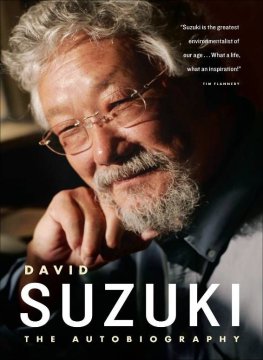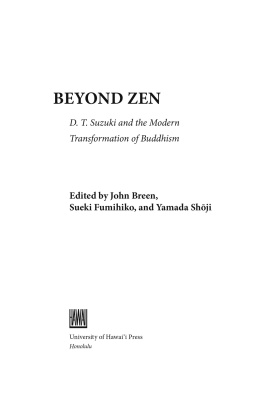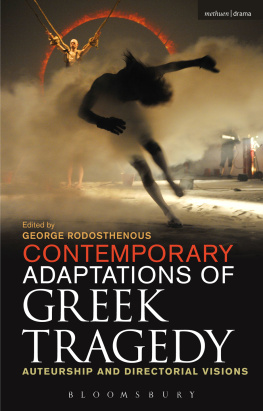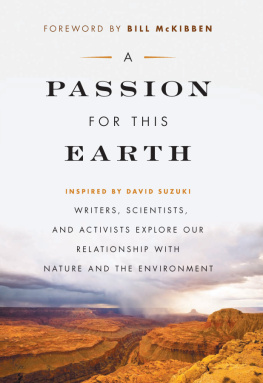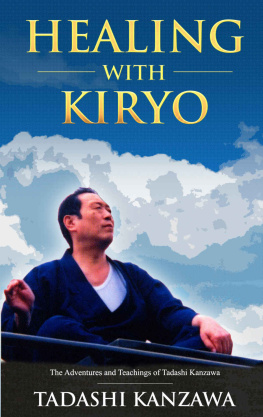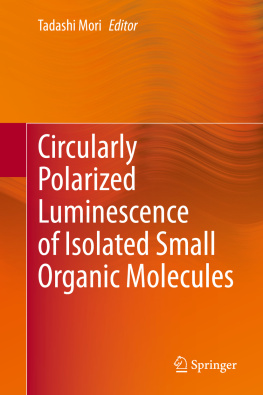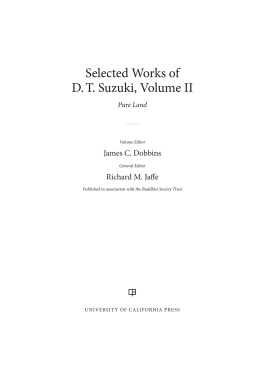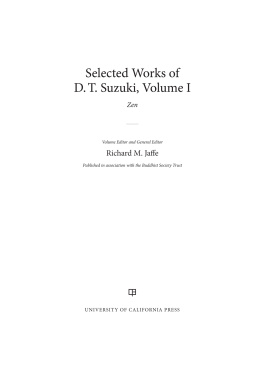Tadashi Suzuki - Culture is the Body: The Theatre Writings of Tadashi Suzuki
Here you can read online Tadashi Suzuki - Culture is the Body: The Theatre Writings of Tadashi Suzuki full text of the book (entire story) in english for free. Download pdf and epub, get meaning, cover and reviews about this ebook. City: New York, year: 2015, publisher: Theatre Communications Group, genre: Art. Description of the work, (preface) as well as reviews are available. Best literature library LitArk.com created for fans of good reading and offers a wide selection of genres:
Romance novel
Science fiction
Adventure
Detective
Science
History
Home and family
Prose
Art
Politics
Computer
Non-fiction
Religion
Business
Children
Humor
Choose a favorite category and find really read worthwhile books. Enjoy immersion in the world of imagination, feel the emotions of the characters or learn something new for yourself, make an fascinating discovery.

- Book:Culture is the Body: The Theatre Writings of Tadashi Suzuki
- Author:
- Publisher:Theatre Communications Group
- Genre:
- Year:2015
- City:New York
- Rating:4 / 5
- Favourites:Add to favourites
- Your mark:
Culture is the Body: The Theatre Writings of Tadashi Suzuki: summary, description and annotation
We offer to read an annotation, description, summary or preface (depends on what the author of the book "Culture is the Body: The Theatre Writings of Tadashi Suzuki" wrote himself). If you haven't found the necessary information about the book — write in the comments, we will try to find it.
What takes my breath away most about Tadashi Suzukis work is the precision and accuracy with which he manages time and space. For one-and-a-half to two hours, the use of sound, precise scene transitions and mammoth energy compressed through his singular directorial vision create a sustained power which blows the audience awaya shocking style requiring an exceptional attention and concentration from the viewer. His unique method of rigorous actor training has made him a grand master of the rarest variety, enabling him to maintain a company that continues to inspire the evolution of contemporary theatre in our ever-changing world. -Yuri Lubimov
In America the theatre for the most part is naturalistic. People want to be comfortable. They want to identify immediately with the situation. They want everything finished, put in a box and wrapped up with a bow. But I believe, ideally, you want to leave the theatre still thinking about it, still questioning it. What I find exciting about Suzukis work is that we come into the theatre and we have a surprise. We have to think about what we have seen and we leave the theatre thinking about it. I believe that in a sense my work is similar to what Suzuki is doing in his work. Theatre that you have to rethink. It poses more questions than answers. -Robert Wilson
Renowned for his actor training methods, Tadashi Suzuki provides a thorough and accessible formulation of his ideas and beliefs in this new edition of his theater writings. One of the worlds most revered theater directors, Suzuki is also a seminal thinker and practitioner whose work has had a profound influence on theater worldwide. This landmark collection provides a useful, provocative look at his philosophical and practical approaches to the stage.Culture is the Bodyis a complete revision of Suzukis influential bookThe Way of Acting, featuring new essays and in a revised translation by Kameron Steele, a longtime collaborator of Suzukis.
Tadashi Suzukiis the founder and director of the Suzuki Company of Toga (SCOT), the organizer of Japans first international theater festival (Toga Festival), and the creator of the Suzuki Method of Actor Training. Suzuki has articulated his theories in a number of books. He has taught his system of actor training in schools and theaters throughout the world. Besides productions with his own company, he has directed several international collaborations.
Tadashi Suzuki: author's other books
Who wrote Culture is the Body: The Theatre Writings of Tadashi Suzuki? Find out the surname, the name of the author of the book and a list of all author's works by series.

